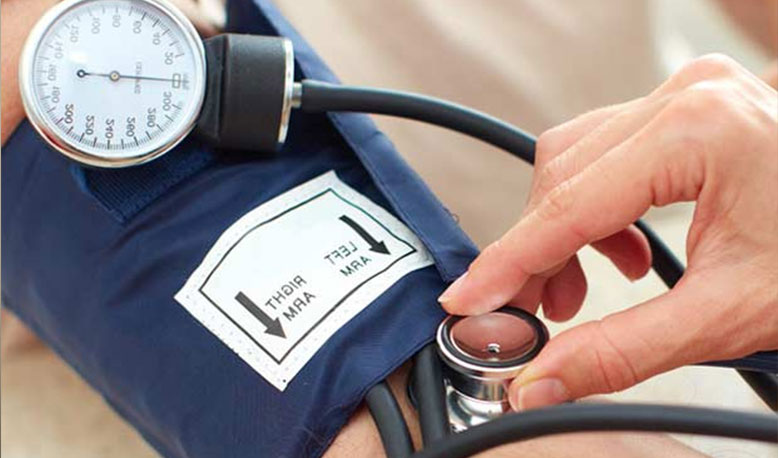
The prenatal diagnosis of the mutations will help in management of the newborn and in preparation of family for the medical and social issues identified with CAH
21-hydroxylase deficiency is the most common form of Congenital Adrenal Hyperplasia (CAH) that results in impaired synthesis of cortisol from cholestrol by adrenal cortex. Inactivating mutations in the 21-hydroxylase gene will help identify various forms of 21-OH deficient CAH. Severe deficiency of the enzyme leads to classical form of Pediatric virilizing phenotype resulting in simple virilizing (25%) or Salt-Wasting (75%). A non-classic form has mild enzyme deficiency demonstrate post-natal onset.
A panel of nine common mutations can identify about 80-98% of cases of alleles responsible for the disease. Sequencing of the entire coding region of the gene along with the flanking intronic region can identify these common mutation and other rarer alleles.
Not all cases of CAH are caused by 21-OH deficiency; therefore an absence of 21-OH mutations does not definitely prove absence of CAH.
Rare polymorphisms exist that could lead to false-negative or false-positive results.
PCR and sequencing of the 21-hydroxylase coding exons and flanking splice sites from the patient derived Blood and DNA.
We require 2-5ml of blood collected in EDTA containing tubes. Blood should be shipped within 48 hours after collection of blood on ice. You may send 10ug of genomic DNA derived from blood or Chorionic Villus Sampling (CVS), prepared using a Qiagen blood DNA preparation kit (or equivalent) and should have a A260/A280 value of 1.8.

DGchem Lab is the best lab in Delhi NCR. We provide free Home Sample collection services and made to realize the importance of investing in a healthy workforce.